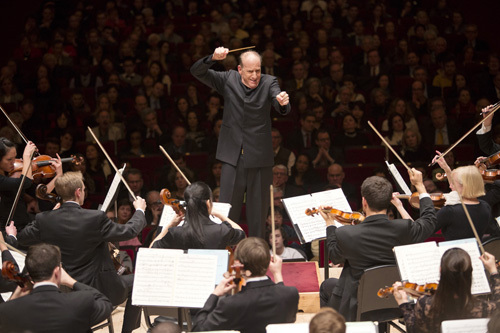
World-renowned violinist, Lin Cho-Liang, Professor of Violin at Rice University’s Shepherd School of Music, urges all young musicians “to get up in front of people and perform.”
And The Shepherd School Orchestra did – magnificently! Led by their charismatic conductor, Larry Rachleff, the orchestra made its Carnegie Hall debut Tuesday evening, Febrero 18 with energy, artistry and a very distinctive Shepherd sound.
Fundada en 1975, The Shepherd School of Music in Houston is widely recognized as one of the nation’s most elite music institutions. The school emphasizes a performance-based curriculum. “I think what’s unique about the Shepherd School is that musicians are given a lot of opportunities to learn in front of an audience and that’s very important when it comes to building self-confidence,” explains student violinist Niccolo Muti.
The performance at Carnegie Hall kicked off with Hector Berlioz’ Le Corsaire followed by American Composer Christopher Rouse’s Violin Concerto featuring a remarkable solo performance by Cho-Liang Lin. The score to this complex and beautiful work was actually composed for Cho-Liang Lin in 1991. The principal orchestral work of the evening was Bela Bartok’s magnificent Concerto for Orchestra featuring numerous solos from the ensemble, giving many of the 103 extraordinarily gifted young musicians the opportunity to shine.
Beyond the dream of all accomplished musicians, which is to perform in prestigious venues such as Carnegie Hall, there are the numerous additional benefits and skills that a music education at this level of the art form can offer students. “Performers achieve incredible levels of coordination and dexterity while simultaneously channeling the deepest emotional expressions of the music. How can this not be of benefit to all studies,” observes professional artist and faculty member, Jon Kimura Parker.
I had the opportunity to chat further with Cho-Liang Lin and Jon Kimura Parker along with students Madeleine Doyon-Robitaille (trombonist), Tito Underwood (oboist), Anastasia Sukhopara (violinist) and Niccolo Muti (violinist).
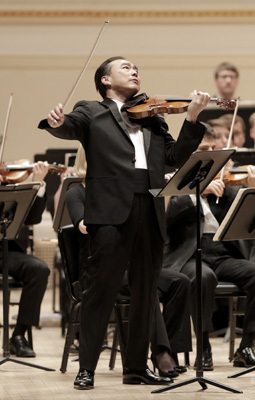
You are both veterans of the international concert stage as well as committed educators. What do you think are the most important skills that a young artist must have to be successful in the professional world of music today?
Lin Cho-Liang: Classical music is such an exacting discipline. It takes years of practicing, single-minded training and hours of lessons. Then one enters the real world where competition is stiff and judgment of one’s talent and thus future career can be decided in one single performance or audition. Por lo tanto, apart from talent, a young artist must have the ability to convey artistry, emotion and a real sense of beauty to the audience. This requires natural ability, confianza, clear-minded thinking and lots of experience. By experience, I mean knowing what to do on stage under pressure. This cannot be learned in a practice room. It must be learned by being on stage in front of an audience.
Jon Kimura Parker: I believe that young artists have to understand themselves and to be able to communicate effectively. Forty years ago, it was not remarkable to ask of our audience that they would disconnect from the external world and focus on a 40-minute work. Hoy en día, we are stretching the attention span of many. I love to see a young artist be able to engage people around them; to inspire others to discover the incredible joy of great music.
What real world life skills do you believe an educated musician can use in other pursuits?
Lin Cho-Liang: En una palabra: Pasión. I am passionate about music. Nothing is more rewarding than to listen or play a great work. Passion for something one holds dear is very important. Beethoven, Tom Edison, Steve Jobs, Michelangelo, Goethe, Jonas Salk, and Lincoln all had passion. Believe in something one loves and pursue that something to the fullest.
Jon Kimura Parker: Musicians aren’t just creating music; they are also great listeners. An educated musician typically has a highly developed sense of the beauty of mathematics and structure, an endless curiosity, and a deep connection with the humanities. These skills have taken musicians in many different directions.
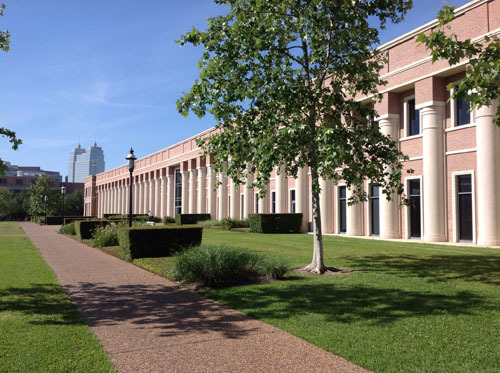
What real world life skills (other than music) did you gain from your education at the Shepherd School of Music? Do you think music helped you with your other academic studies at Rice?
Madeleine Doyon-Robitaille: Absolutamente! Learning music gives you a lot of skills that are precious in life. One important example is discipline! To learn an instrument requires constant effort. You learn that with perseverance you can achieve your dream. And learning to persevere applies to everything in life.
Anastasia Sukhopara: I think gratitude and discipline are some of the most important life skills. The dedication to music and to the highest standards of excellence that are required at the Shepherd School are a priceless life lesson. Settling for nothing but the best is really a critical skill, in music and life alike.
Tito Underwood: I have gained a deeper appreciation for artistry among my young colleagues.
Niccolo Muti: You can be as passionate as you want to be about something but if you don’t put in the work it won’t help you succeed.
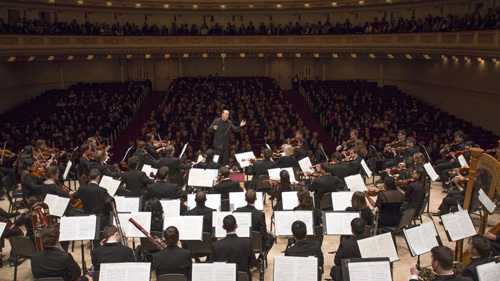
Así, what advice would you give to freshman musicians coming to the Shepherd School of Music?
Madeleine Doyon-Robitaille: Take every opportunity you can to learn and push yourself farther in your musical development! Shepherd school is such a rich musical environment. There are incredible faculty, talented students and so many opportunities. It’s the best time and the best environment to improve yourself and become a better musician!
Tito Underwood: Stay confident in your abilities but always humble in your ethics.
Anastasia Sukhopara: Know what you want, work hard and be patient!
Niccolo Muti: You are going to get a lot of opportunities to perform at the Shepherd School and performance experience is the most important thing when it comes to building self-confidence.
A lot of professional musicians both teach and perform at your school – what’s it like to be learning from artists/teachers such as Renee Fleming, Jon Kimura Parker and Cho-Liang Lin?
Madeleine Doyon-Robitaille: It’s fantastic that Shepherd School gives us these opportunities. It’s been an incredible experience to have the chance to play for those professional musicians! It’s always been really inspiring even when it was not my specific instrument.
Niccolo Muti: Renee Fleming gave a master class at the Shepherd School. She told us that she is still constantly learning and working at her craft. It made me realize that musicians are all human, es decir, we all have issues and things we want to improve but we also have the same goal, and that is to be the best we can be at what we do.
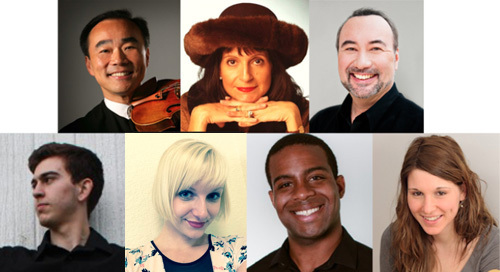
Photos are courtesy of Jennifer Taylor and The Shepherd School of Music
Para obtener más información: http://music.rice.edu/
En La Búsqueda Global para la Educación, unirse a mí y reconocidos a nivel mundial los líderes de opinión, incluyendo a Sir Michael Barber (Reino Unido), DR. Michael Bloquear (EE.UU.), DR. Leon Botstein (EE.UU.), Profesor Clay Christensen (EE.UU.), DR. Linda Darling-Hammond (EE.UU.), DR. Madhav Chavan (India), El profesor Michael Fullan (Canada), El profesor Howard Gardner (EE.UU.), El profesor Andy Hargreaves (EE.UU.), Profesor Yvonne Hellman (Países Bajos), Profesor Kristin Helstad (Noruega), Jean Hendrickson (EE.UU.), Profesor Rose Hipkins (Nueva Zelanda), Profesor Cornelia Hoogland (Canada), Honorable Jeff Johnson (Canada), Señora. Chantal Kaufmann (Bélgica), DR. Eija Kauppinen (Finlandia), Secretario de Estado Tapio Kosunen (Finlandia), Profesor Dominique Lafontaine (Bélgica), El profesor Hugh Lauder (Reino Unido), Profesor Ben Levin (Canada), Señor Ken Macdonald (Reino Unido), Profesor Barry McGaw (Australia), Shiv Nadar (India), Profesor R. Natarajan (India), DR. PAK NG (Singapur), DR. Denise Papa (Estados Unidos), Sridhar Rajagopalan (India), DR. Diane Ravitch (EE.UU.), Richard Wilson Riley (EE.UU.), Sir Ken Robinson (Reino Unido), Profesor Pasi Sahlberg (Finlandia), El profesor Manabu Sato (Japón), Andreas Schleicher (PISA, OCDE), DR. Anthony Seldon (Reino Unido), DR. David Shaffer (EE.UU.), DR. Kirsten Immersive Are (Noruega), Canciller Stephen Spahn (EE.UU.), Yves Theze (Lycee Francais EE.UU.), Profesor Charles Ungerleider (Canada), Profesor Tony Wagner (EE.UU.), Sir David Watson (Reino Unido), Profesor Dylan Wiliam (Reino Unido), DR. Marcos Wormald (Reino Unido), Profesor Theo Wubbels (Países Bajos), El profesor Michael Young (Reino Unido), y el profesor Zhang Minxuan (De China) a medida que exploran las cuestiones de educación cuadro grande que todas las naciones se enfrentan hoy. La Búsqueda Global para la Educación Comunitaria Página
C. M. Rubin es el autor de dos ampliamente leído serie en línea por la que recibió un 2011 Premio Upton Sinclair, “La Búsqueda Global para la Educación” y “¿Cómo vamos a Leer?” Ella es también el autor de tres libros más vendidos, Incluido The Real Alice in Wonderland, y es el editor de CMRubinWorld
Siga C. M. Rubin en Twitter: www.twitter.com/@cmrubinworld



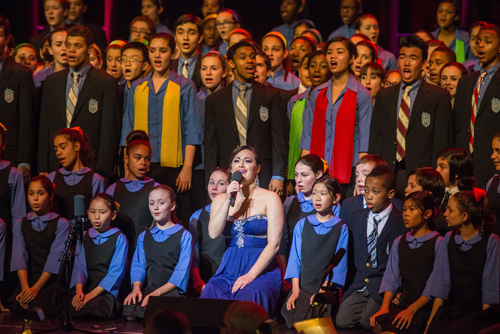
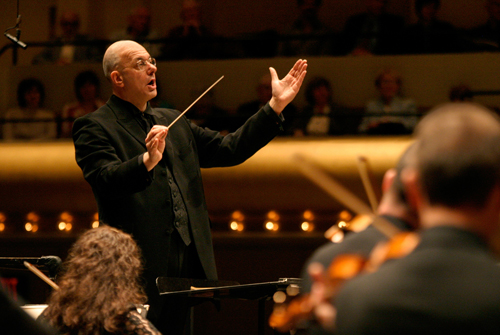
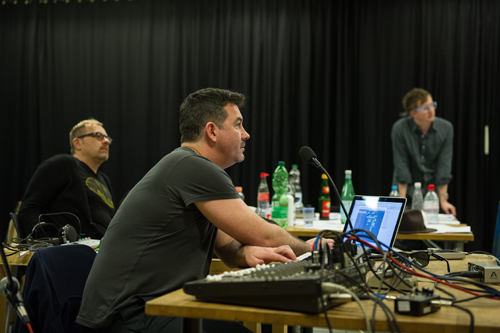
Comentarios recientes